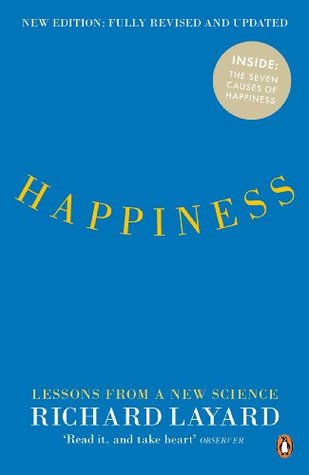More on this book
Kindle Notes & Highlights
rather than being happy with what is good enough, they must have the best. This puts them under enormous strain, for there is always the risk of missing an opportunity.
the maximisers are less happy than the satisficers.
we spend too much time living in the future rather than the present. Some planning is essential, but too many people are mainly focused on tomorrow. When tomorrow comes, they will be planning for the day after.
In the end the only person’s opinion of you that matters is your own.
there are huge advantages to inflexibility and predictability, as continental Europeans appreciate. The evidence shows that continuous reoptimisation is not the best route to happiness: you are more likely to be happy if you settle for what is “good enough” than if you feel you must always have the most.
If you pay people for something, they stop feeling that you automatically expect it of them. In consequence they may even work less.
rationalisers happily reorganise things without weighing properly the cost to happiness from breaking up a settled order.
If we make taxes commensurate to the damage that an individual does to others when he earns more, then he will only work harder if there is a true net benefit to society as a whole.
if you want to feel good, do good.


